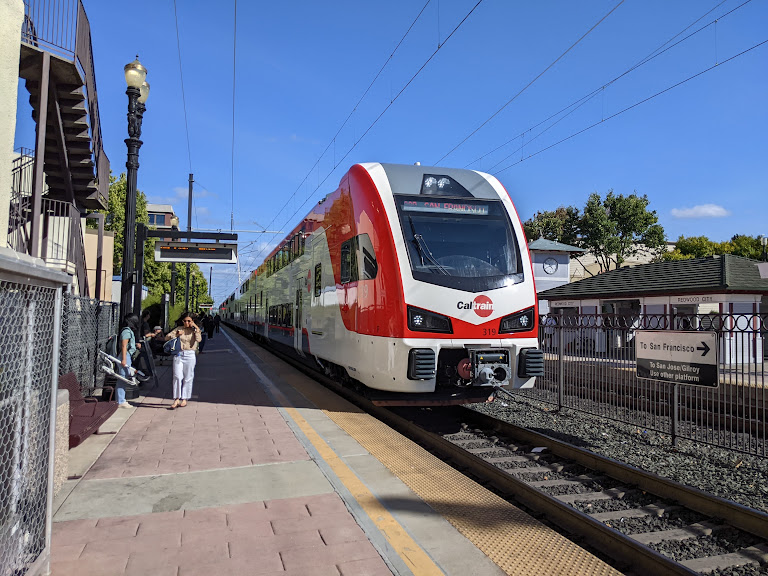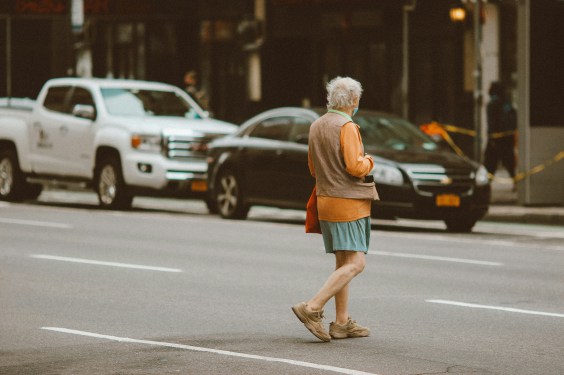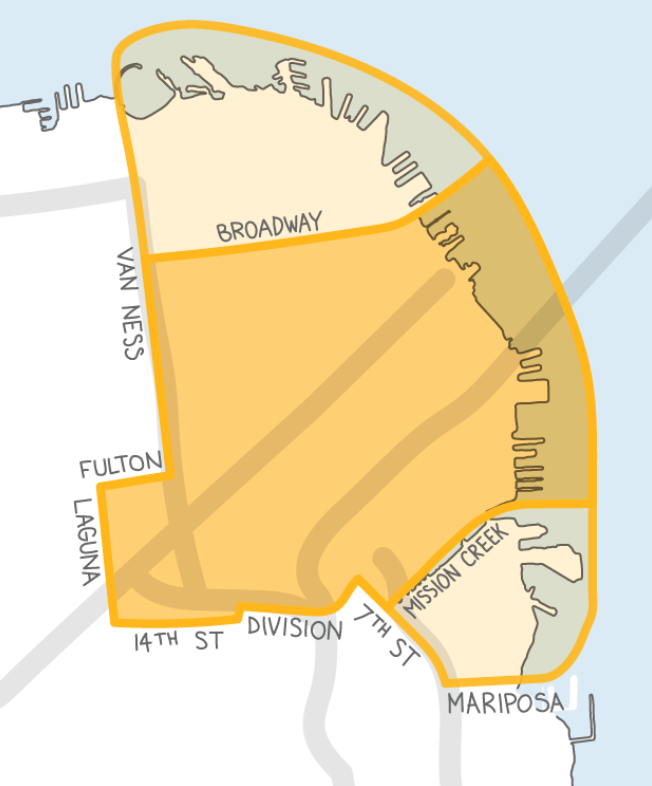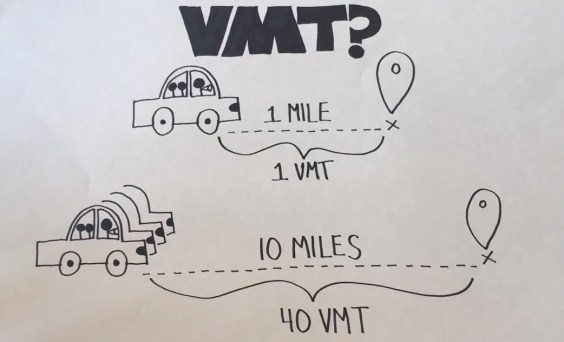Streetsblog Capitol Hill caught up with Rep. Duncan Hunter (R-CA) yesterday after the T&I Committee meeting wrapped up. He’s the only new Republican on the committee who’s not also a new member of Congress. He followed his father, also named Duncan Hunter, into the seat. Hunter is on the Republican Study Committee that recently pushed for cutting $100 billion from the federal budget. New to transportation and infrastructure issues, Hunter has mainly focused on military matters and immigration.

Photo from Duncan Hunter's Congressional website
Streetsblog: You’ve recently joined the Transportation and Infrastructure Committee. What are your priorities for the committee in this session?
Hunter: Southern California is pretty easy. In the past there was only one Republican Californian on Transportation – Gary Miller – and he’s Orange County. There’s now three: Jeff Denham from north California and myself in south California. We all have different needs; water’s one of them. I asked to be on the Water Subcommittee and I am. We have a lot of military bases too, we have desalinization issues we’re working with, all of us having water shortages. And I kind of like the fact, frankly – it sounds kind of corny – but the constitution talks about having a military and being able to pay for your postal roads. It’s one thing Congress does and it’s nice to be able to do something constitutional here. It’s actually backed up and actually it’s in the constitution. I like that.
SB: Are you interested in looking for ways of getting people out of their cars and into other modes of transportation?
DH: Sure – where it’s feasible. In San Diego, it’s not feasible. San Diego’s one of those places where a lot of people live who work in the more expensive places in Southern California and they can’t afford to live there. They have to drive in – and in my district, everybody works everywhere. So no, it’s not one of my priorities at all to get people out of their cars. I like my car.
SB: There was recently a proposal by some groups in San Diego trying to model after what LA’s doing with their 30/10 program; it’s a 50-10 program, trying to accelerate 50 years of transit —
DH: I don’t even know what that is. Today was the first organizational meeting. I’ve got a lot to learn. But they’re accelerating getting out of their cars?
SB: Well, they’re accelerating building transit.
DH: We just built the whole trolley system that goes from El Cajon to San Diego State; it’s one of our main transit systems now that goes by our main stadium for football and goes all the way downtown to where the Padres play. So if transit makes sense and it can be done on its own and pay for itself, then absolutely.
SB: I was just in an EPW Committee hearing and there was some talk about the fact that some small amount of money in the reauthorization historically gets used for things like bike trails. Some people think that’s waste; some people think biking is a mode of transportation. What do you think?
DH: I don’t think biking should fall under the federal purview of what the Transportation Committee is there for. If a state wants to do it, or local municipality, they can do whatever they want to. But no, because then you have us mandating bike paths, which you don’t want either.
SB: But you’re OK with mandating highways?
DH: Absolutely, yeah. Because that’s in the constitution. I don’t see riding a bike the same as driving a car or flying an airplane.
SB: How is it different?
DH: I think it’s more of a recreational thing. That’s my opinion.





